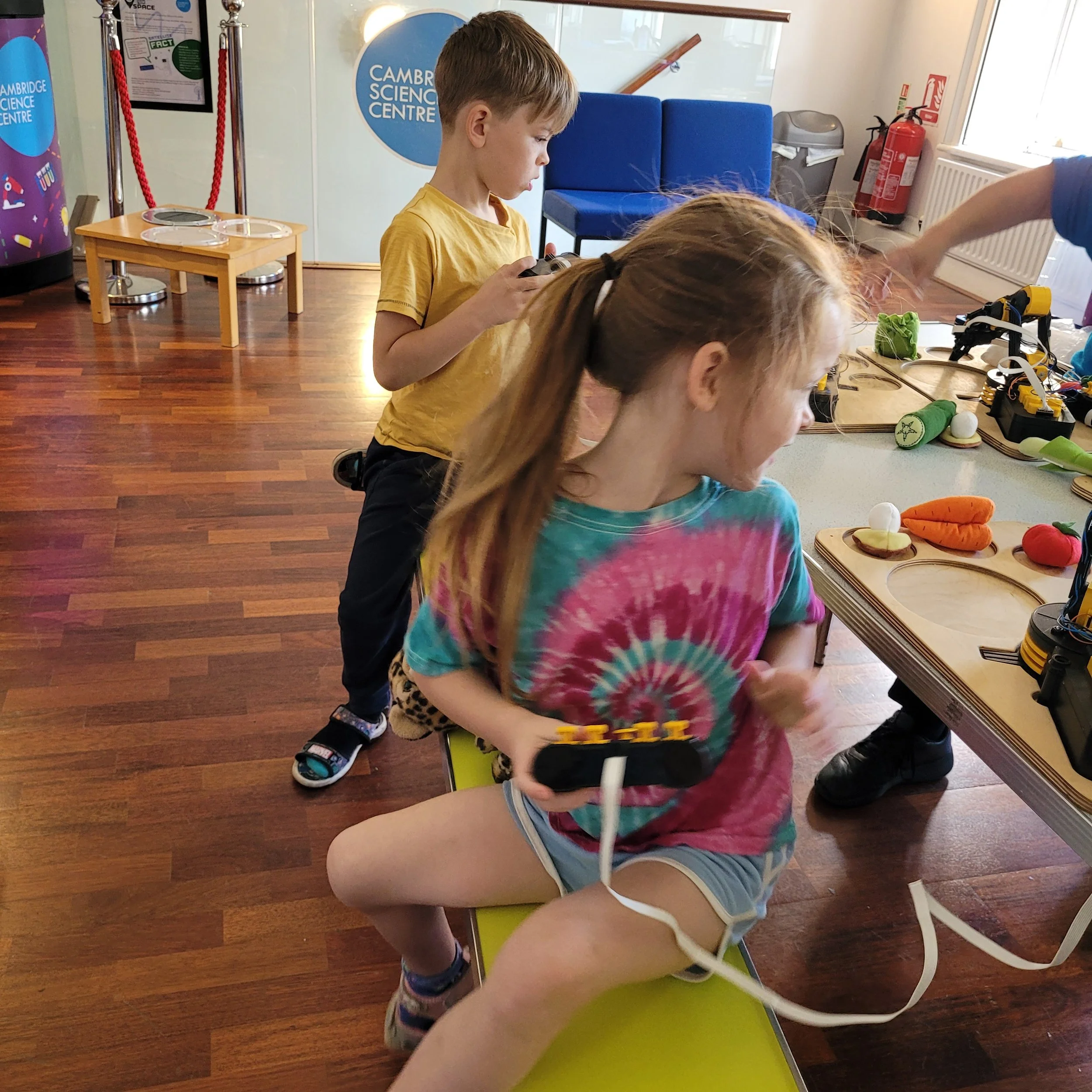Your Home Ed Journey
Once you have decided that you wish to home educate your child and remove your child from mainstream school (even if you have an EHCP) you must send your deregister letter to the school.
You must make sure your child receives a full-time education from the age of 5, but you do not have to follow the national curriculum.
If your child has special educational needs (SEN)
If your child has SEN and attends a special school, you’ll need to get the council’s permission to educate them at home. You do not need the council’s permission if your child attends a mainstream school, even if they have an education, health and care (EHC) plan.
What is the legal position of parents who wish to home educate their child?
As parents, you - not the state - are responsible for ensuring that your child, if he or she is of compulsory school age, is properly educated. Despite the term ‘compulsory school age’, education does not have to be undertaken through attendance at school, even though the parents of any child living in England can request a state-funded school place and the local authority is obliged to find one - or make alternative arrangements for education of your child.
There is no legislation that deals with home education as a specific approach. However, Section 7 of the Education Act 1996 provides that:
The parent of every child of compulsory school age shall cause him to receive efficient full-time education suitable -
(a) to his age, ability and aptitude, and
(b) to any special educational needs he may have, either by regular attendance at school or otherwise
Elective home education is a form of ‘education otherwise than at school’ and this piece of legislation is the basis for the obligations of parents. It is also the starting point for local authorities’ involvement.
Different Types of Education
With Home education you do not have to follow the curriculum. Some families find it works best to continue with the national curriculum, other families may take a different approach.
Child Led Learning
Child Led Learning and facilitated learning are educational approaches that differ from traditional schooling, focusing more on the child’s interests and natural curiosity rather than a set curriculum. Here’s a breakdown of both:
Child-Led Learning: Children are free to explore their interests and learn at their own pace, without a predetermined curriculum.
Natural Curiosity: Unschooling taps into a child's natural curiosity and desire to learn, allowing them to pursue topics that genuinely interest them.
Life as Learning: Everyday activities are viewed as opportunities for learning, whether it’s cooking, gardening, playing, or exploring nature.
No Grades or Tests: Traditional assessments like grades and tests are replaced with self-reflection and real-world feedback.
Parental Role: Parents act as facilitators rather than traditional teachers, providing resources, guidance, and support as needed.
Benefits:
Personalised Learning: Tailors education to the child’s unique interests and learning style.
Flexibility: Allows for a fluid and adaptable learning environment.
Intrinsic Motivation: Fosters a love of learning driven by the child’s own interests rather than external rewards or pressures.
-
Once you have decided to home educate your child, you must send a letter to the school requesting that your child is to be deregistered.
If your child attends a special school you must request permission from the LA (your council).
Please See below Button for Deregistration Template Letter.
-
With home education, you can set your own hours for your child's education.
The law states:
The parent of every child of compulsory school age shall cause him to receive efficient full-time education suitable -
(a) to his age, ability and aptitude, and
(b) to any special educational needs he may have, either by regular attendance at school or otherwise
-
This also was one of my biggest questions, when we first started on our journey.
There are so many home ed groups on. You name the activity, there tends to be a group for it, lego, art, science, archery, nature, languages, sports, scuba diving, history, drumming, beat boxing, coding. Literally any topic you can think of there will either be an online lesson or an in person meet up.
You will end up having various different social circles depending on the interest. You will also mix with various age ranges as well.


